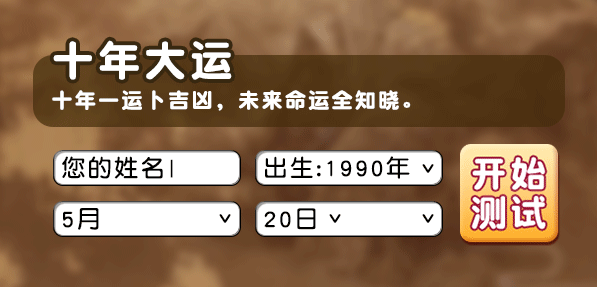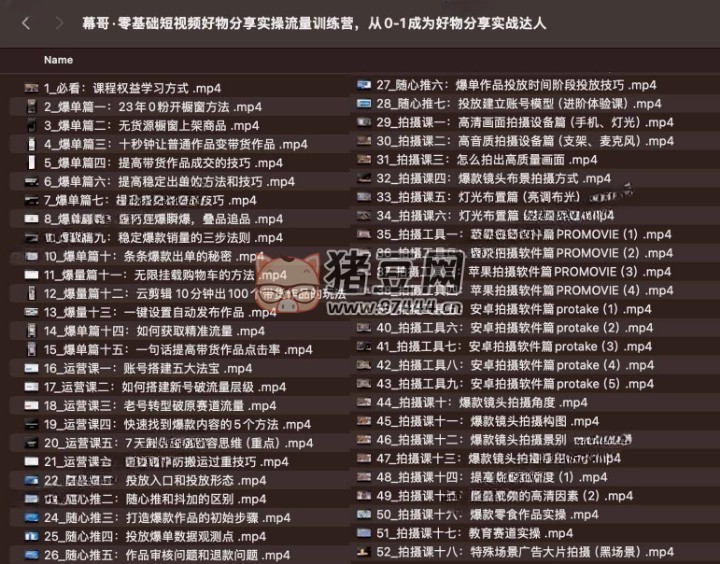作者简介
Tao Yang (born 1970) is a computer scientist. He attended Tongji University, where he received his Bachelor's degree in 1990 and his Master's degree in 1993. He has invented fuzzy cellular neural networks (FCNN) in 1995, computational verb in 1997, chaotic digital CDMA (with L.O. Chua) in 1997, computational verb theory in 2001, physical linguistics in 2002, and the theory of the Unicogse in 2004.He worked as a visiting scholar and associate research specia list of electrical engineering and computer sciences at the University of California, Berkeley from 1995 to 2001.
He is currently the Chief Scientist of Yang's Scientific Research Institute, U.S.; the CEO of Wuxi Tianyang Ruijie Technology Co. Ltd., China; and the editor -in-chief of the International Journal of Computational Cognition.
His research interests are: Cellular image processing and its applications to industrial applications, computational verb theory and its applications to image processing, computational cognition and its applications to cognitive image processing. He has authored and co-authored over one hundred journal and conference papers of which over 60 have been cited by SCI more than 1000 times.
His theories of computational verb and physical linguistics have been applied to different commercial and industrial applications such as cognitive image search engine, camera flame detecting systems, webcam card counting systems, webcam bar code scanners, webcam home security systems, highway vehicle categorizing systems, visual traffic monitoring and control systems, industrial intelligent controllers and image database indexing systems. The representative products are YangSky MAGIC Card Counter(2004), BarSeer webcam barcode reader (2005), FlameSky visual flame detecting system(2005), DriveQfy auto matic visual driver qualify testing system(2005) and CardSeer camera play ing card counting system(2005).

内容简介
This book presents a unified theoretical framework of some recent developments on the impulsive control theory and its applications to engineering problems. Different structures of impulsive control systems and impulsive control strategies are presented. The following theoretical aspects are also addressed: basic knowl edge of impulsive differential equations; controllability and stability of linear impulsive control systems; stability of nonlinear impulsive control systems including: practical stability, global stability, absolute stability, stability in terms of two measures; and optimal impulsive control. This book presents also some engineering applications of impulsive control theory. The readers of this book are scientists, engineers, researchers and graduate students interested in impulsive control, nonlinear control systems, chaotic communications systems and nano-electronics.
Book Info
Presents a unified framework of some recent developments on the impulsive control theory and its applications to engineering problems. For scientists, engineers, researchers and graduate students interested in impulsive control, nonlinear control systems, chaotic communications systems and nano-electronics.
Tao Yang (born 1970) is a computer scientist. He attended Tongji University, where he received his Bachelor's degree in 1990 and his Master's degree in 1993. He has invented fuzzy cellular neural networks (FCNN) in 1995, computational verb in 1997, chaotic digital CDMA (with L.O. Chua) in 1997, computational verb theory in 2001, physical linguistics in 2002, and the theory of t...
下载地址
本站夸克网盘精选资源合集:https://pan.quark.cn/s/936c760dd840

























评论列表
发表评论